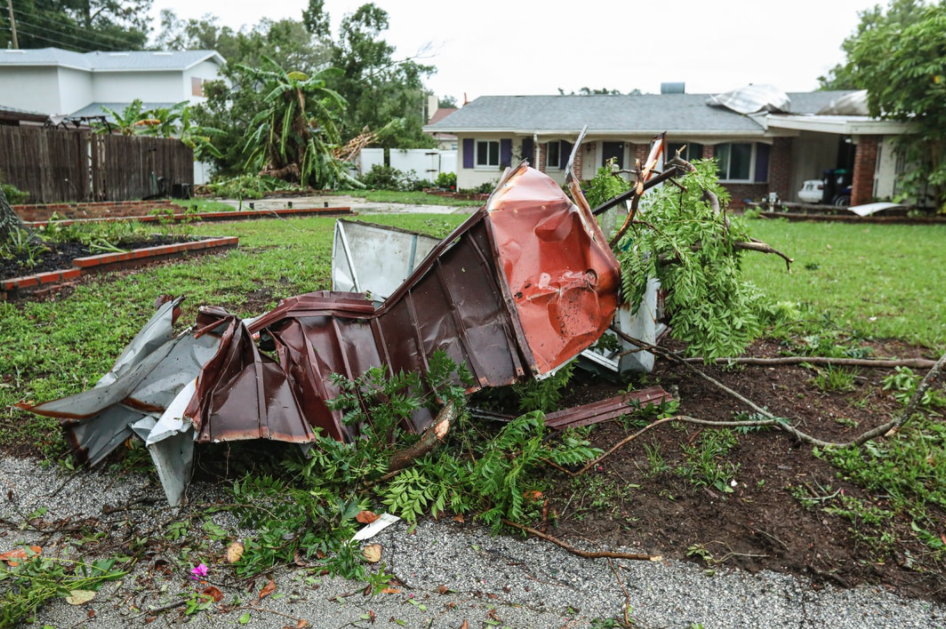Data analysts have been telling us about the importance of big data for quite some time and now, data analytics are being used in every industry in the United States. Companies all over the U.S. are cashing in on the numerous actionable insights they’re able to gain by using analytics to discover trends and predict future events.
With the far-reaching capabilities of data analytics and the nature of the insurance industry, it makes perfect sense that insurance companies would be among the top users of data analysis. Insurance agents have been using statistical analysis for a while to make business decisions, so it’s almost like big data was created specifically for them. Continue reading to learn some of the incredible ways data science is helping home insurance agencies to make better decisions.
1. Insurance companies use advanced analytics to determine what threats their customers face.
Contents
- 1. Insurance companies use advanced analytics to determine what threats their customers face.
- 2. Insurers use advanced analytics to predict future events and determine insurance quotes.
- 3. Insurance companies use big data analytics to find solutions for common problems homeowners face.
- 4. Home insurance companies use analytics to develop coverage options and marketing campaigns.

Have you noticed how personalized the online shopping experience has become over the past decade? It’s almost as if companies have a crystal ball that tells them exactly what you’re looking for in products. While it might not be magic, it is data analytics, which is pretty magical in itself.
So, what is data analytics? In a nutshell, it’s data mining (the process of gathering data) and applying algorithms to find patterns and trends that relate directly to key performance indicators such as profit margin and production.
You’d be surprised by the variability of threats that two homes in the same city on the opposite sides of town might face. However, by using analytics, insurance companies can discover what types of disasters and perils (earthquakes, wildfires, hurricanes, tornados, burglary, and the like) a house is likely to face based on its location.
Companies that provide home insurance compare data from multiple data sets to find common threads that might signal a pattern. Using data to determine likely threats allows companies to develop their home insurance packages and prices based on raw data, eliminating human error and biases in pricing.
2. Insurers use advanced analytics to predict future events and determine insurance quotes.

Insurance companies make their money on the premiums people pay for their insurance policies. Every time something bad happens and there’s property damage or bodily injury and someone makes an insurance claim, it cuts into the company’s profits—even if only a little bit.
That’s why insurance companies use predictive analytics to make predictions about the likelihood that a prospective customer will need to file an insurance claim. Based on what the analytics say about your historical data, it will determine your coverage options and the price of your insurance policy.
3. Insurance companies use big data analytics to find solutions for common problems homeowners face.

A great way to get the best rate for your insurance policy is to take extra safety measures to protect your home and personal belongings. The more variables you’re able to eliminate, the safer your home will be and the more it will reflect on your homeowners insurance.
Insurance companies are often the ones that come up with ways to help homeowners keep their property safe from peril. As mentioned before, the less money insurers have to pay in insurance claims, the better it is for their bottom line. With that in mind, one of the most prevalent uses of data analytics for insurers is as an accident prevention tool. They use diagnostic analytics to find the problem and prescriptive analytics to find the solution.
4. Home insurance companies use analytics to develop coverage options and marketing campaigns.

Have you ever noticed that the internet seems to know exactly what kinds of products you want or need? That’s because they use machine learning algorithms to learn what it is specific consumers like and they market to them based only on their customers’ needs.
By using machine learning, insurance companies can determine what kinds of policies customers will want based on their age, size of their home, size of their family, and income. As you can see, analytics helps insurance companies to make better business decisions about marketing, insurance policies, prices, and more.


